Undergraduate Major Programs
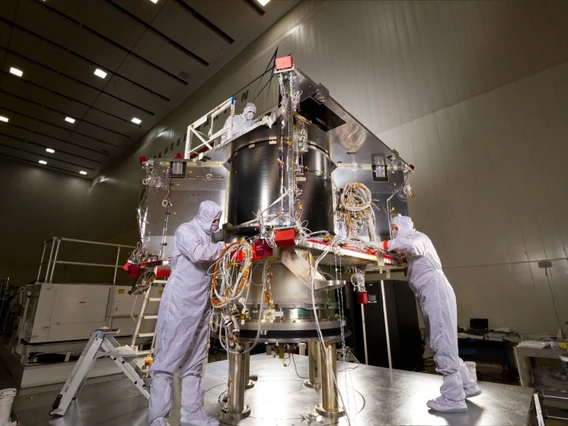
Aerospace Engineering
Learn to design and maintain spacecraft, commercial aircraft, fighter jets, and more while developing working knowledge of aerodynamics, control system design, gas dynamics, solid and fluid mechanics, and thermodynamics. Explore opportunities to complete industry-sponsored capstone projects, some of which become commercial products.

Environmental Science
Soil, Air, and Water Emphasis
Working in classrooms, labs and in the field, develop a broad scientific understanding of human influence on the natural world, from a molecular level to a global scale, and how environmental systems sustain climate, purify water, provide food and fiber, and remediate pollution.
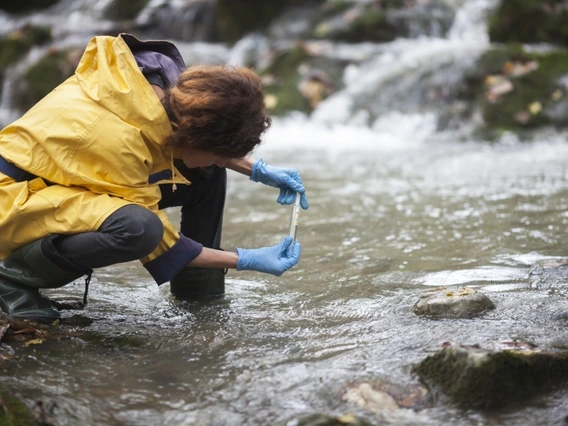
Geosciences
Earth, Ocean, and Climate Emphasis
Develop an understanding of Earth's climate—past, present, and future—and the important connections between the solid Earth, oceans, and atmosphere, and how they influence modern climate dynamics. Graduates pursue careers in environmental geology and scientific research in fields such as oceanography, climate science, surficial processes, paleoclimate, paleoecology and more.

Geosciences
Geology Emphasis
Develop understanding of the structure of the Earth, evolution of life on Earth, plate tectonics, formation and importance of Earth materials and natural resources, processes that shape and change our planet, and linkages between humans and our physical environment. Graduates pursue careers in research, energy, mineral resources, academia, and more.
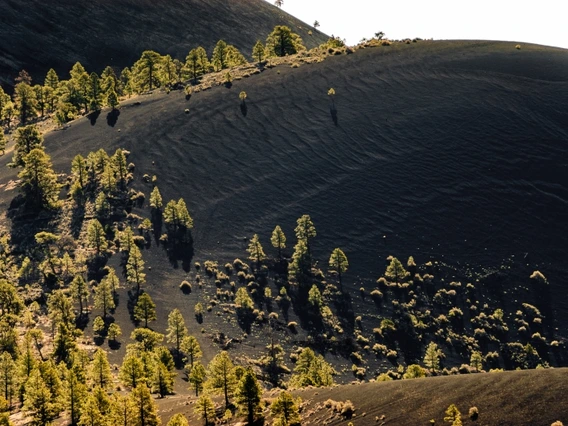
Geosciences
Geophysics Emphasis
Learn fundamental concepts in geosciences including the basic structure of the Earth, major events in the evolution of life on Earth, plate tectonics, formation and importance of Earth materials and natural resources, processes that shape and change our planet, and linkages between humans and our physical environment.
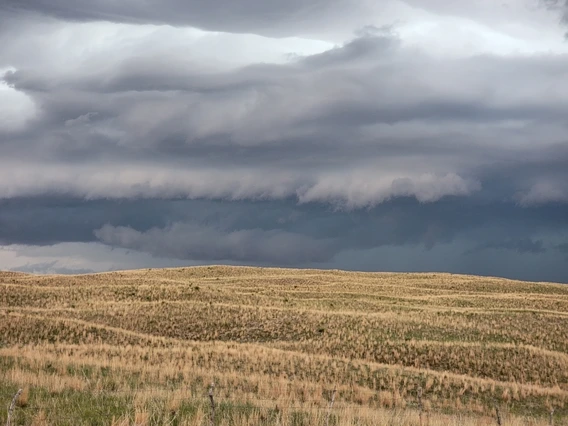
Hydrology and Atmospheric Sciences
Atmospheric Sciences Emphasis
Battle climate change and the impacts of severe weather in at-risk communities by analyzing weather and climate, forecasting, and assessing effects on the planet and people. Following requirements of the National Weather Service, the American Meteorological Society, and the World Meteorological Organization, this major translates to a variety of careers in corporations, nonprofit organizations, and government agencies.
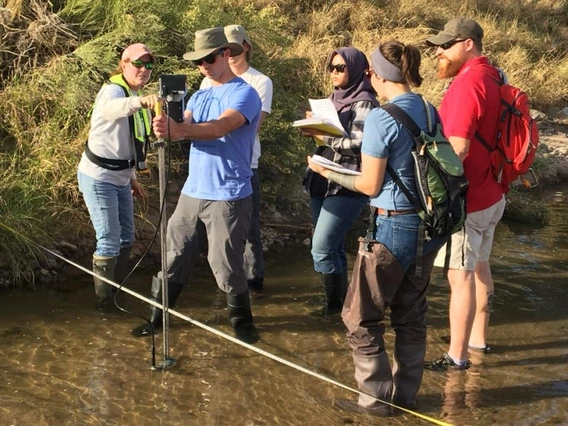
Hydrology and Atmospheric Sciences
Environmental Hydrology and Water Resources Emphasis
Learn about the interplay between water, nature and humans, quality and quantity of various water supplies, how water flow affects the environment, drought, flooding, pollution, precipitation, and more while preparing for a career that helps communities and conserves the environment.
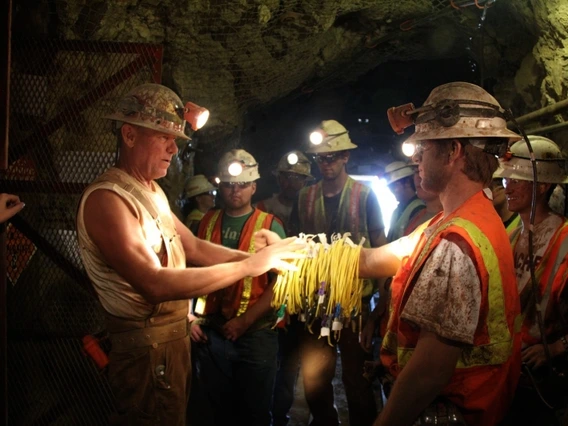
Mining Engineering
Geomechanics Track
Immerse yourself in a specific area of study, including mine operations, geomechanics, sustainable resources and mineral processing; gain work experience in the student-run San Xavier Underground Mine, network with industry leaders, and explore paid internships and sponsored capstone projects working with mining and energy companies and equipment firms.
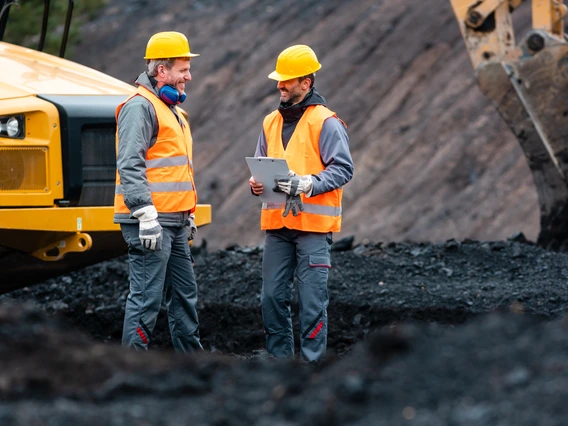
Mining Engineering
Mine Operations Track
Focus on mine design and planning, equipment operations, big data analysis, mine valuation, and mine finance. Prepare for a career as an engineers who optimizes short- and long-term plans for mining, develops and tests autonomous mine equipment, supervises surface and underground mining operations, or designs production technology. A minor in mathematics or geology is encouraged.
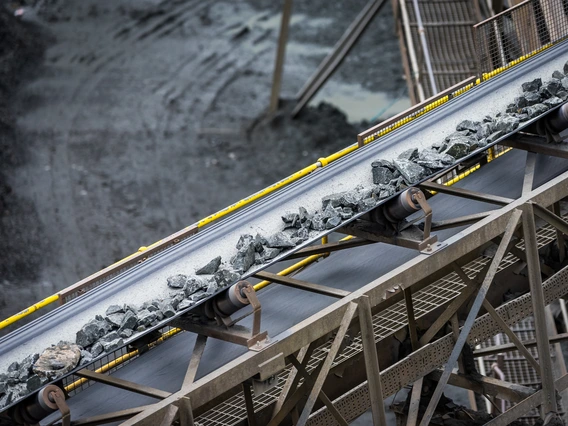
Mining Engineering
Mineral Processing Track
Prepare for a career as a process engineer or metallurgists, in valuable metal extraction, designing and operating new extraction technologies, and developing processing and metallurgical techniques for complex ores. A minor in chemistry, chemical engineering or materials science is encouraged.
Environmental Themes
Career Fields












